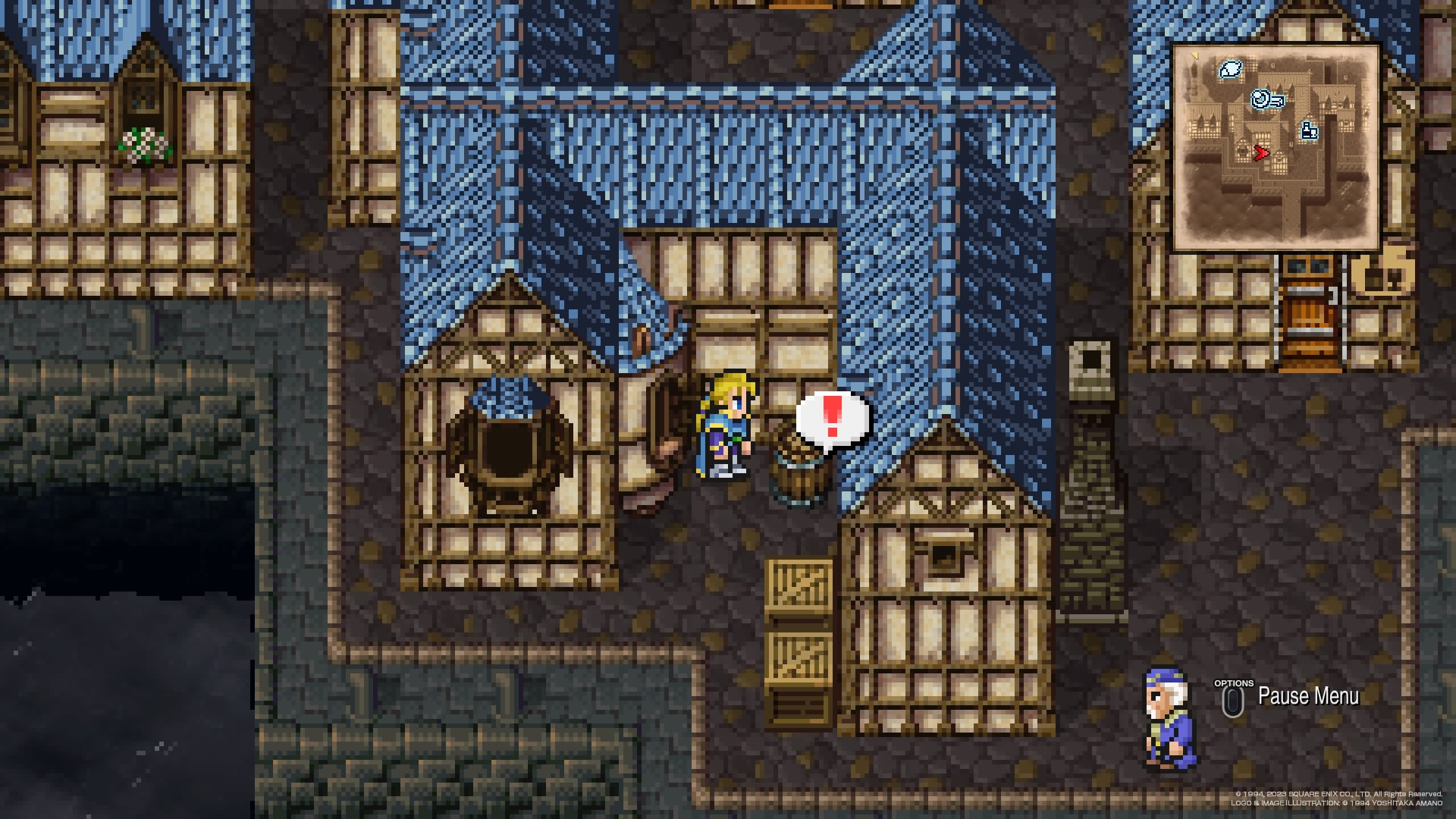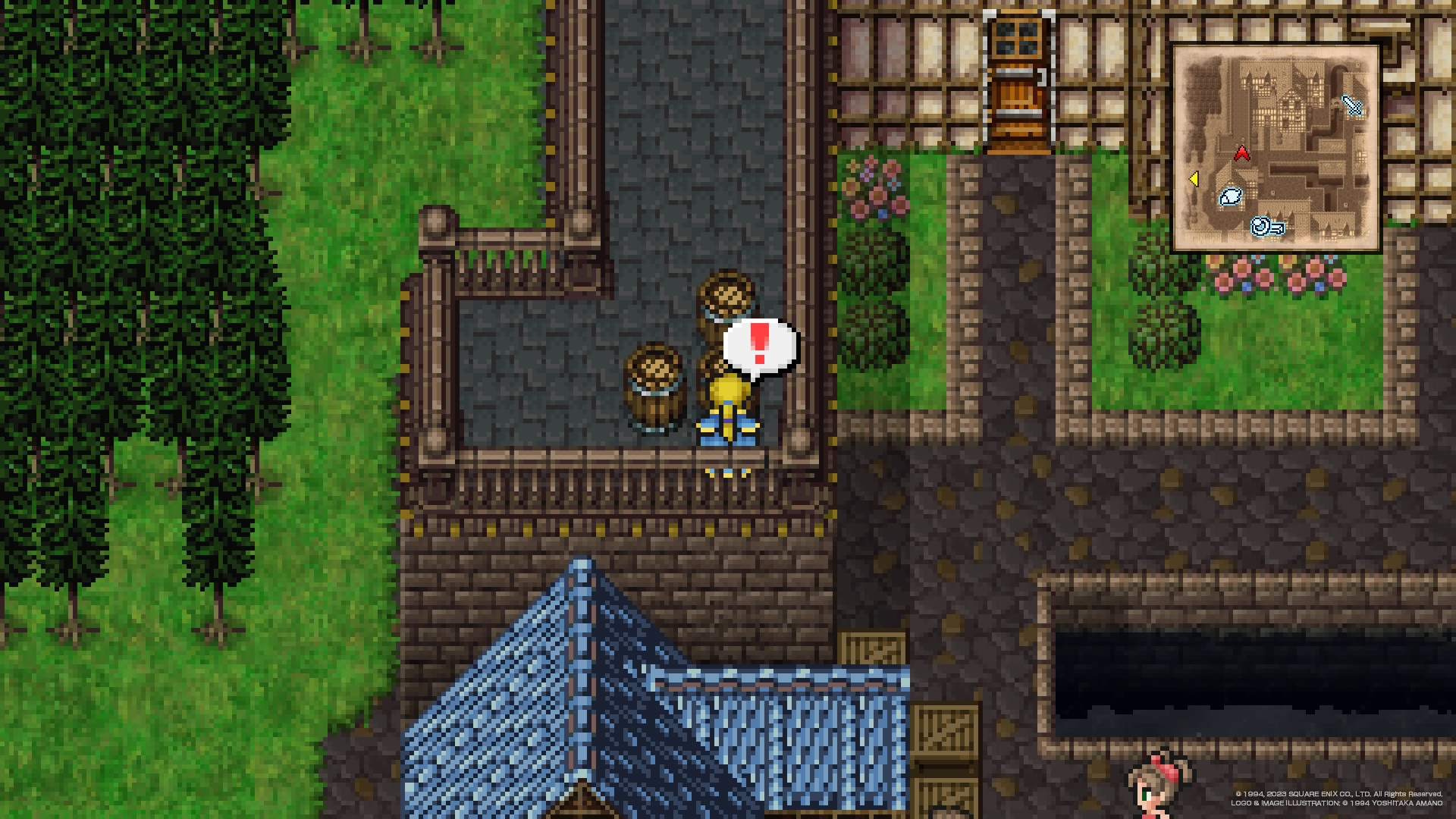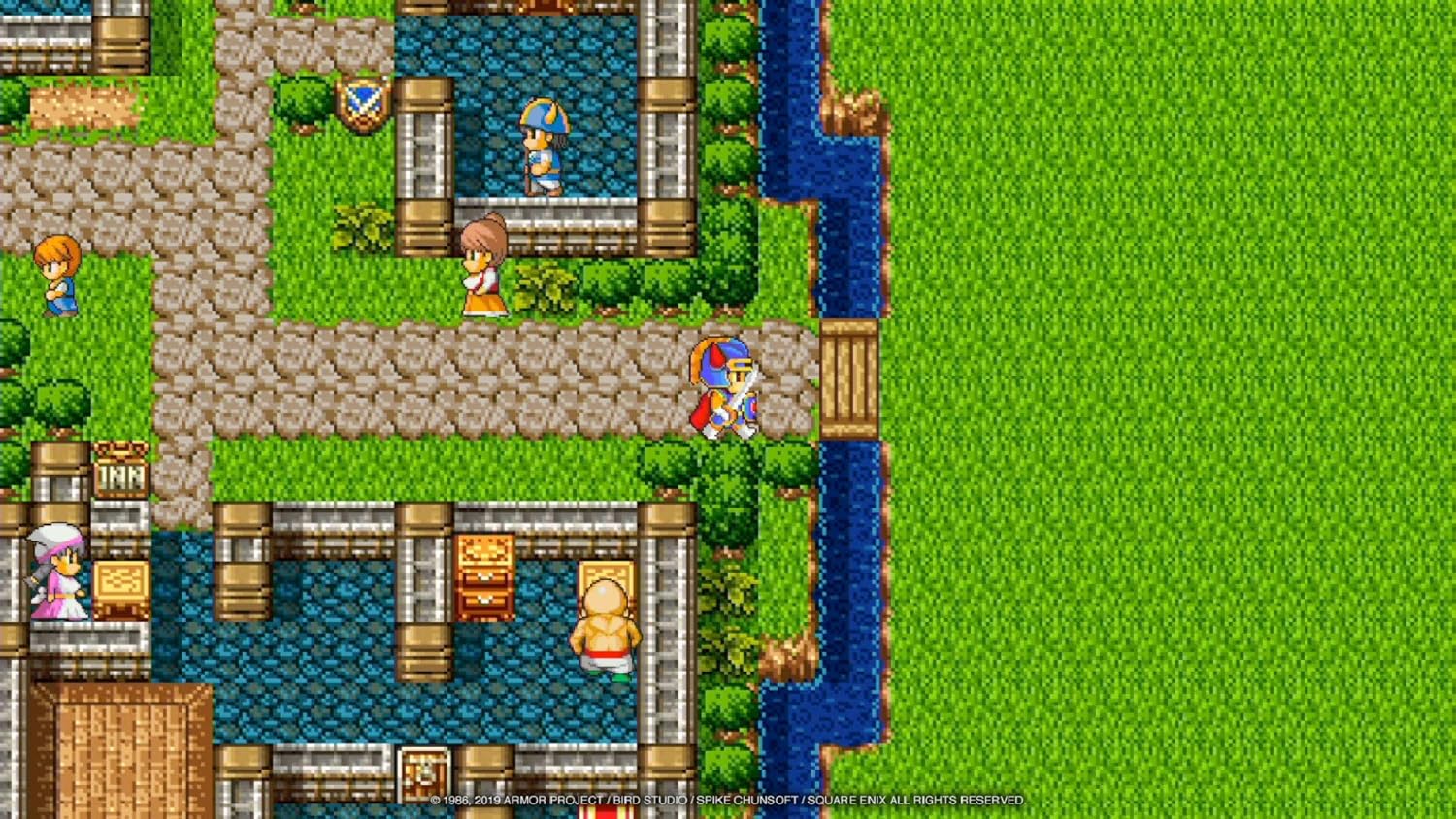When you find an item hidden in a drawer once, you start checking every drawer you come across. When a bookcase turns out to be a secret door, you can’t let a single bookcase go unchecked anymore. You know there’s probably nothing in most of them, but it becomes almost impulsive. To some, these actions accumulate into what starts to feel like a list of chores rather than fun. This sentiment was shared by a Japanese user on X/Twitter, resulting in a discussion within the community. A Japanese game developer suggested that a shift in what people value gameplay-wise may be what makes some classic RPG elements seem tedious to players nowadays.
Me: Wait so from now on I have to check every single chest of drawers…?
Game creator: Wouldn’t it be fun to have this NPC say something different when talked to for the second time?
Me: So now I have to talk to every NPC twice…
In the above post, the user highlights how some elements added by game devs with the intention of creating more fun can end up causing stress for the player, inadvertently creating “manual labor” in their playing experience. Many shared the sentiment, commenting how RPG series such as Dragon Quest and Final Fantasy instilled in them the habit of obsessively inspecting every crevice and object in the game field. Furthermore, if an NPC’s dialogue changes when talked to for the second time, there’s no guarantee it won’t change again the third time too, so many players will be “forced” to talk to each NPC a minimum of three times.

Many players and developers discussed “solutions” to this issue, such as making the spot where an item is hidden sparkle, glow or stand out in another way.
It wasn’t poor game design or anything, it just used to be regarded as more fun.
Nowadays, time performance is given priority.
It’s the users that have changed.
In response to the discourse, a Japanese game developer offered the opinion that in recent times, time vs. efficiency has become a much more important factor in gameplay because gamers have changed. In other words, it’s not that earlier games seem tedious to the players of today due to lacking game design, but that what players value in a game has changed.
They also go on to add that this doesn’t mean that such elements should stop being used, even revealing that their upcoming title NONUPLE 9 will have all in-game objects display a different message when interacted with for the second time.

While many agreed with the notion that player attitudes have changed over the years, users also pointed out that the scale and potential of games have vastly expanded compared to the time of pixel art RPGs, which has raised the bar for what gameplay elements are considered engaging. Players expect greater variety in terms of actions and events when playing, which can make simple tasks feel like a “waste of time.” This is especially true for repeated tasks that give little reward (think Mini Medals in Dragon Quest). Players’ perception of what makes for rewarding gameplay will doubtless continue to evolve in the future.





